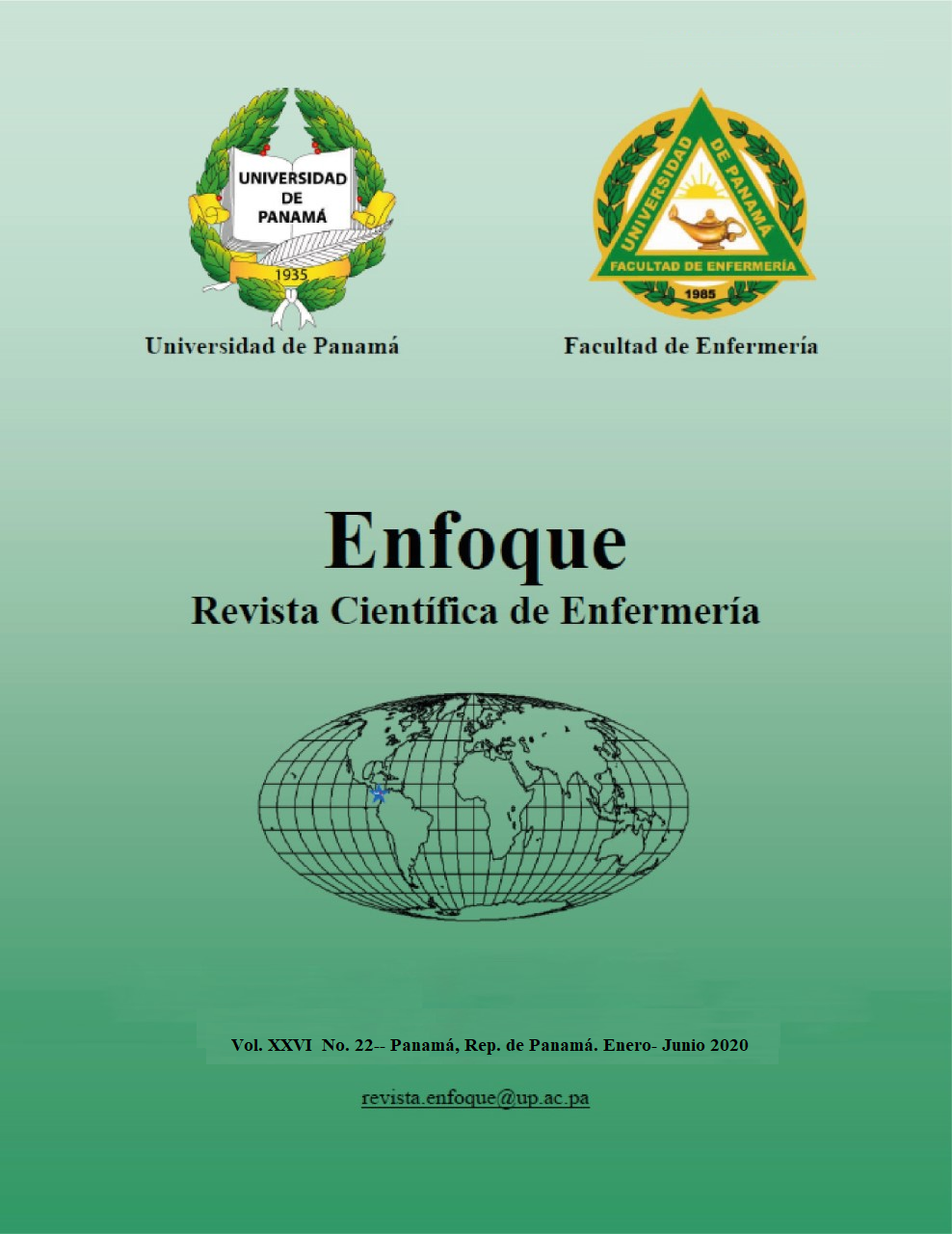

La gestión de riesgo de desastres es la capacidad que desarrolla una comunidad para manejar debidamente su relación con las amenazas, de manera que los riesgos no se conviertan en desastres. La incorporación de la gestión del riesgo de desastres en todos los ámbitos de actuación, incluidos la educación, es elemento clave para la preparación, mitigación y/o capacidad de respuesta de las comunidades.
Objetivo: Analizar los conocimientos, actitudes y prácticas que determinan la capacidad potencial de respuesta a eventos de desastres del Centro Básico General El Espavé, ubicado en la región de Panamá Oeste, Distrito de Chame, corregimiento de Sajalices; realizado en los meses de octubre-noviembre de 2018.
Metodología: Este estudio es analítico, con un diseño de casos y controles. El análisis de asociación causal se realizó a través de la razón de productos cruzados (OR) y un intervalo de confianza del 95% en tablas 2x2. Para determinar si las diferencias encontradas fueron productos del azar o no, se utilizó la prueba Chi Cuadrado (X²) de significancia estadística fijada en 95% y un grado de libertad igual a 3.84 y un valor de p de 0.05.
Resultados: Se encontró un adecuado nivel de respuesta al realizar cinco o más simulacros de evacuación. Mantener la calma, buscar una zona segura y estar capacitado en gestión de riesgo de desastre, son factores protectores para que se dé una adecuada capacidad de respuesta ante eventos de desastre.
Conclusión: Los conocimientos, actitudes y prácticas están asociados con la capacidad de respuesta potencial ante eventos de desastres.